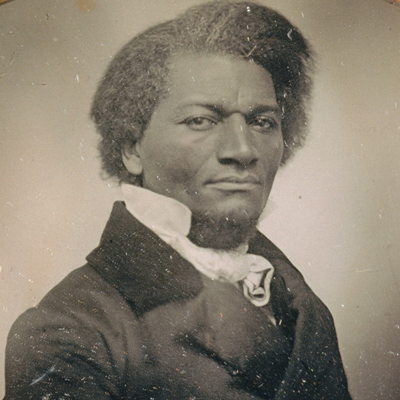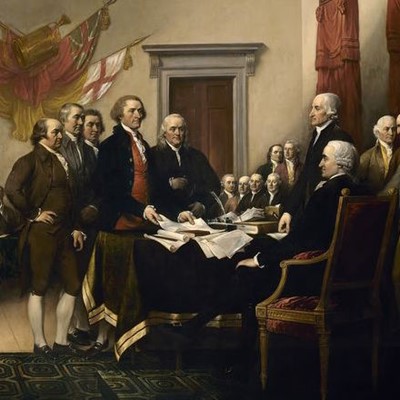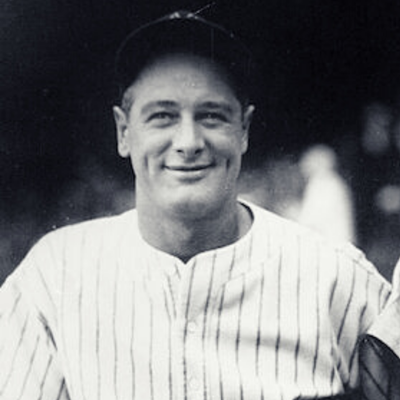
"When you can't answer a question, make sure the response you give is suited to the situation, is truthful, and is as forthcoming as possible."
– Sound media training advice from FEMA
One of our favorite funny moments in the (HBO) Max series Succession is when Cousin Greg walks by a crowd of reporters repeating "No comment," and the PR person gives him this excellent advice: "You don’t have to say that, Greg. Just don't comment."
Maybe we've learned it from the movies, but many believe "no comment" is the correct answer when we don't intend to respond to a question in a media interview. It's not.
Saying "no comment" invites suspicion. It suggests you might be hiding something. And that's often not the case. We've seen people go with it when what they really meant was "I don’t know."
When you don't know or can't say, what should you do? The better answer depends on the situation. Consider these three "no comment" alternatives:
1. Identify what you can say and what you can't.
If the question is about a private matter, related to proprietary company information, or a topic you're not legally able to discuss, say so. And leave it at that. If you can provide some information within that framework, then provide it: "While we can't discuss _____, I can tell you that _______."
2. Say you don't know and that you'll get more information.
You may not have all the answers. Who does? You might tell an individual reporter you'll follow up with an answer. Or you might get to what you do know: "We don’t have the specifics yet but what I can tell you is__________." And if you can, give a time frame. Say when you'll have more information, then deliver.
3. Say that you have nothing to say about a situation.
Is that essentially the same thing as saying no comment? Perhaps. But it sounds more thoughtful and less a knee-jerk reaction to say "We're choosing not to answer questions about that matter" or "We won’t be addressing that."
Bridging is a useful technique for everyone.
Bridging is the practice of acknowledging the question, then transitioning to what you want to talk about or what you do know. As the interviewee, a bridging phrase (ex: what I can tell you is…) will help you avoid difficult topics and get to the points you want to make. For a journalist, your bridge can be useful, too: It helps you get them to the accurate, up-to-date information you can provide.
Learn more:
Here's how FEMA (the U.S. Federal Emergency and Management Agency) suggests you replace "no comment."
Here's a humorous and enlightening list of 57 ways a White House press secretary has said "no comment" without uttering those two words.
And here's one PR expert's case for saying "no comment" on a few rare occasions.






